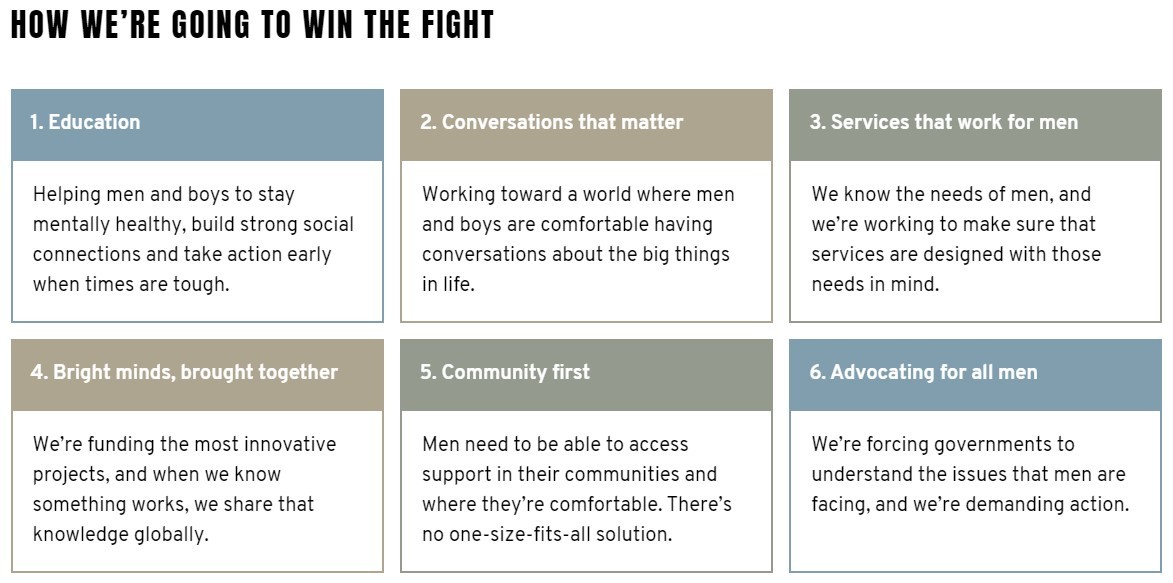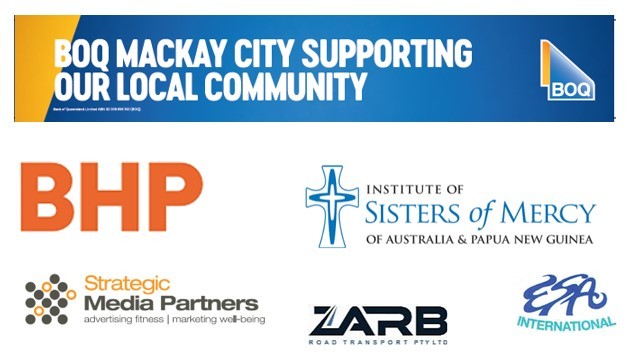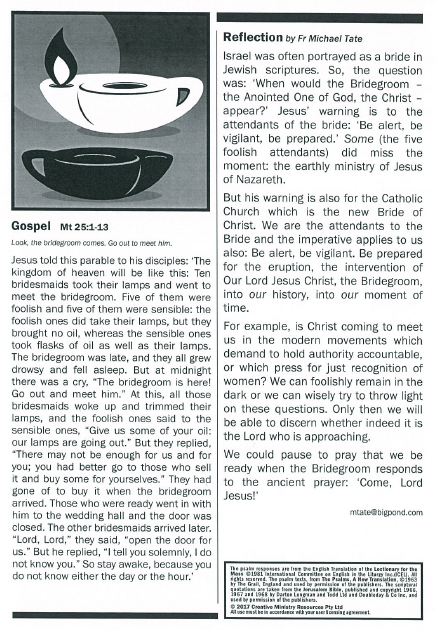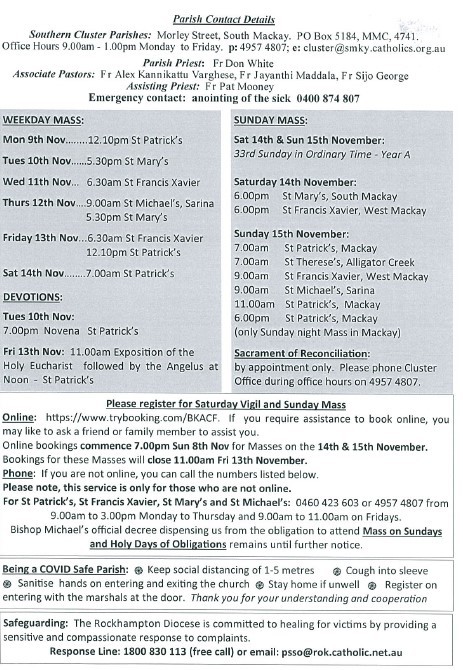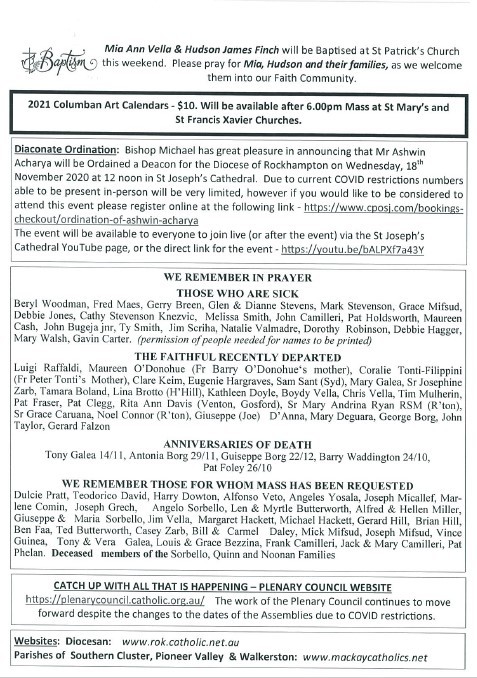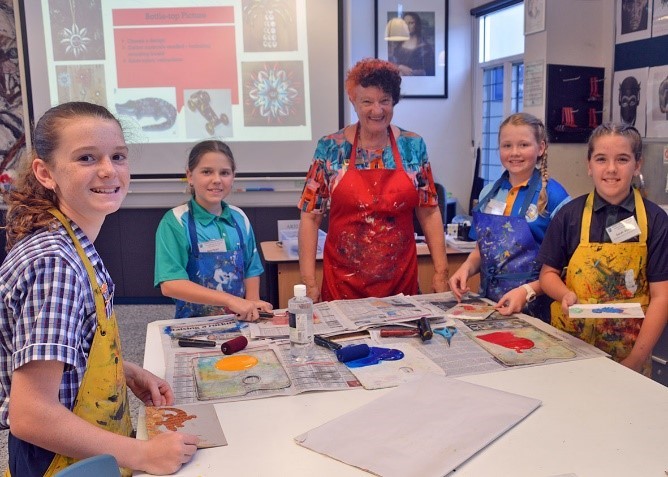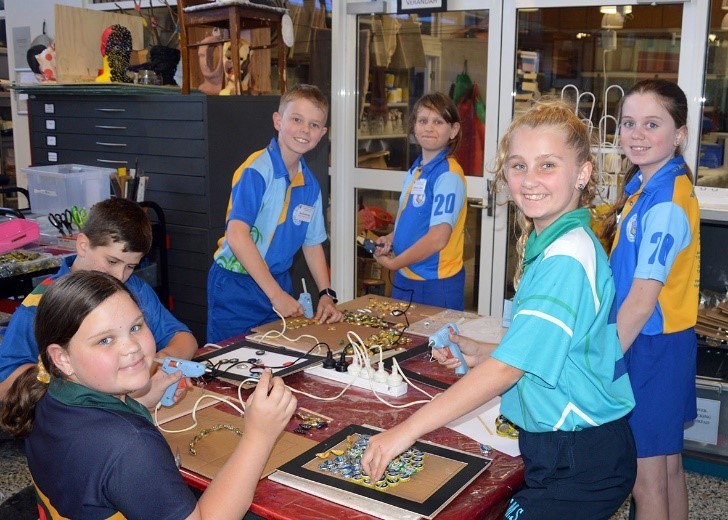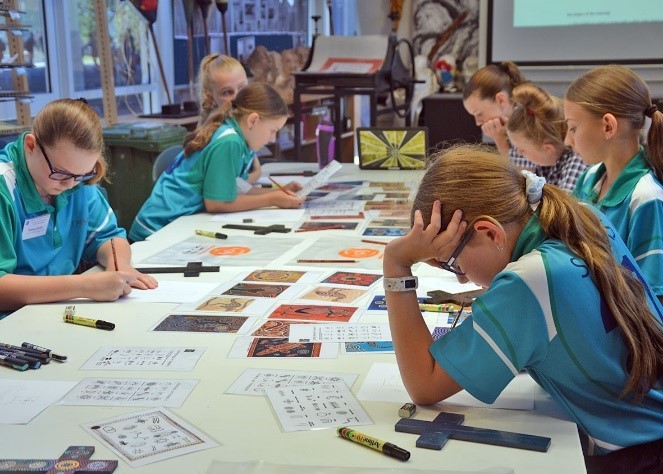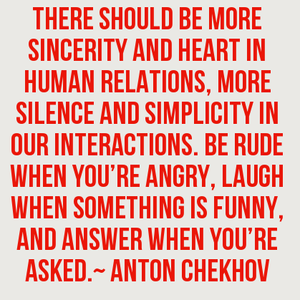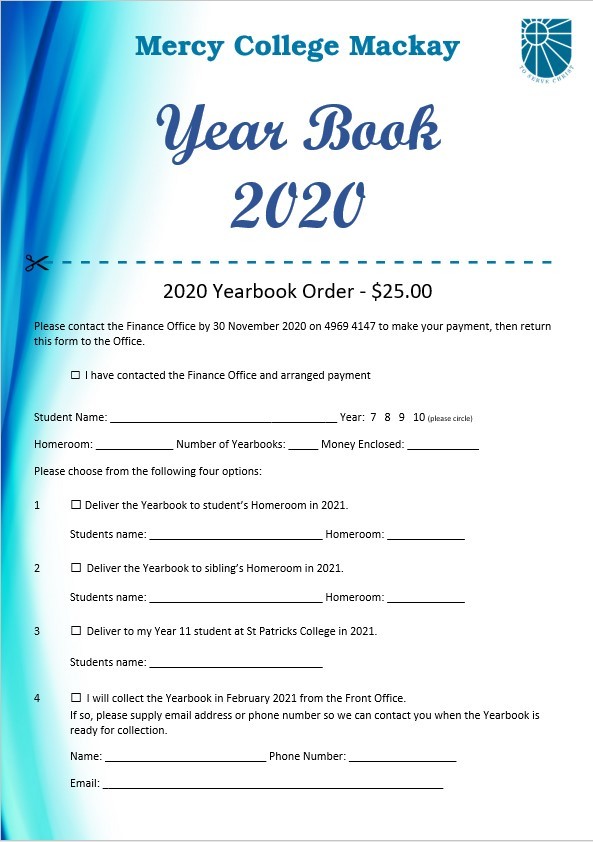Little Words - Big Meaning

We’ve all had to sit through the painful experience of a ponderous public speaker. You feel for the speaker knowing full well how difficult it is but wanting for it to end as your phone is far more interesting. Particularly worrying can be the speaker who stumbles through what seems to be a series of meaningless words on the way to establishing the obvious. Not only are you underwhelmed, but you may well judge the person as being disingenuous, misleading or essentially knowing very little about their topic. Well you may be very wrong.
When a person 'uhms’ and 'aaahs' frequently, let alone resorts to 'umm' or 'huh' and there is 'like, OK, so, hmmm', just to name a few of the meaningless words, we tend to lose confidence in the conversation. A moments thought about the type of conversation you’re having would indicate just maybe these undefinable space fillers may be more important than meets the eye. David Robson science writer for the NewScientist Magazine summarises the latest research on linguistics and can reassure us that these little words really punch above their weight.
“Far from signaling stupidity, our ums and uhs are part of a hidden language that we subconsciously understand. Far from being an inarticulate waste of breath, filler words like um, uh, mmm and huh are essential for efficient communication, sending important signals about the words we are about to say.” Researcher, Mark Dingemanse who studies language and social interaction at Radboud University in the Netherlands argues, that the complexity of our language today couldn’t have emerged without them.
What appears so simple, and with little import, in actual fact is quite complex and puts a very different complexion on conversations whether they be two adults or indeed teacher and student. Analysis of conversations spoken in English would indicate that these simple little filler words are no accident but in actual fact are a signal or metalanguage. They don’t change the meaning of the sentence in a conversation but they coordinate with minimal confusion actually announcing pauses so important for our comprehension as to what is ‘actually’ being said. As a simple experiment to verify the importance of filler words, try pausing in mid-sentence during a conversation without using an um or ahh and see how strange and confronting that is.
The more you think about conversations, the more you realise that filler words grease the wheels of communication. They prepare us for a change, something new or unexpected while give the speaker take-up time to carefully choose their words. The entire meaning of a sentence can hinge on the interpretation of a usually meaningless word. An example given by the author was the use of the word ‘like’. In a conversation of one person speaking to another the following sentence is very every day. “The concert was like, 2 hours away”. ‘Like’ adds so much more nuance to the sentence. Is the person expressing exasperation at the great distance or admiration for the worth of the band You would have to be listening to know, but know this; a lot more was communicated than the straight words.
Apparently children learn to respond to the importance of filler words by age 3 while the average 2 year old is blissfully unaware. The importance of developing this capacity as a child has particular importance for learning. Data on comprehension and recall of conversations would indicate filler words and hesitations lead to a major improvement in memory. Interestingly substituting other forms of breaks in conversation, such as coughing or silence, led to decreases in recall.
“The way that these seemingly meaningless little words help us memorise and process speech is quite astonishing”. As conversation is not scripted and needs continual adjustment to ensure understanding filler words enable this process. It’s called conversation repair. It is so important that these same capacities are evident in other world and tribal languages.
Mr Jim Ford






